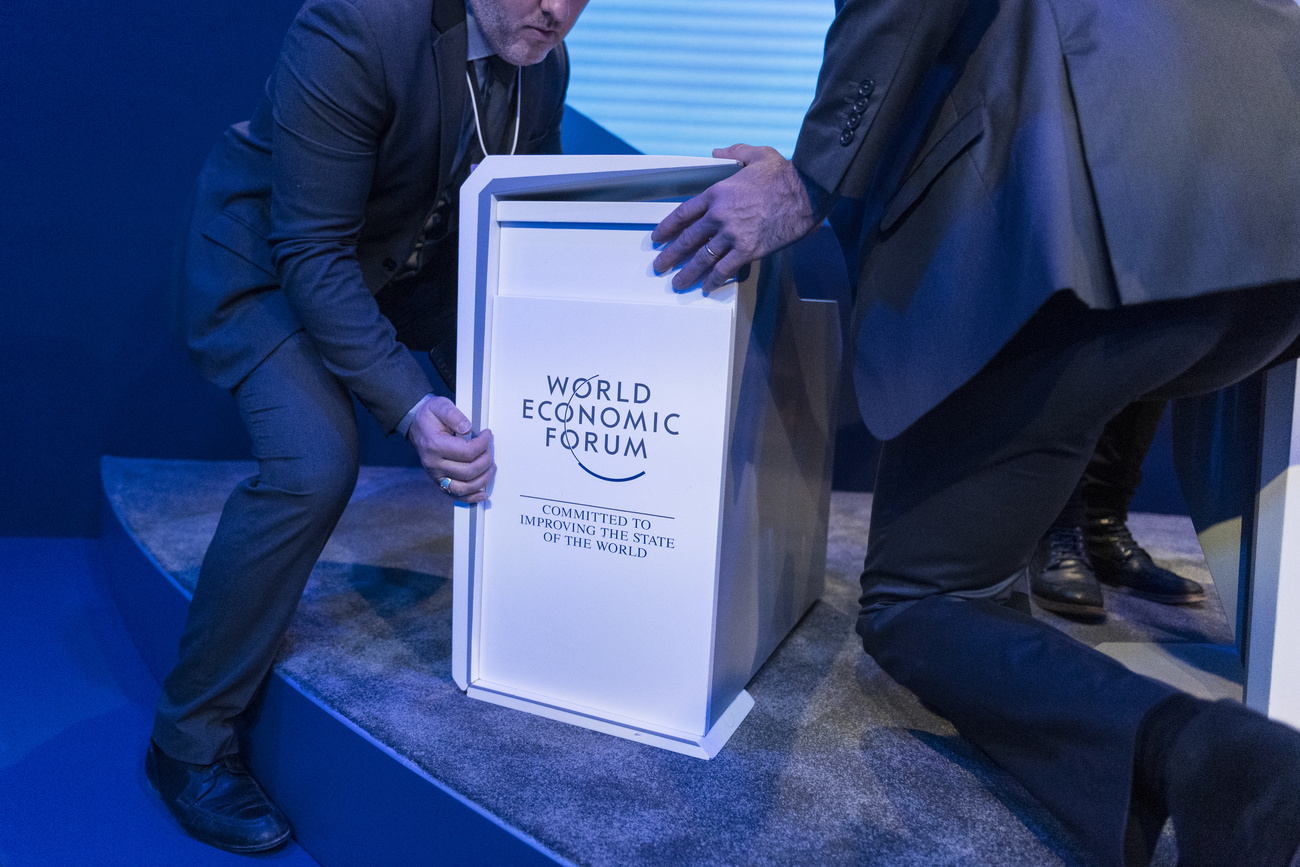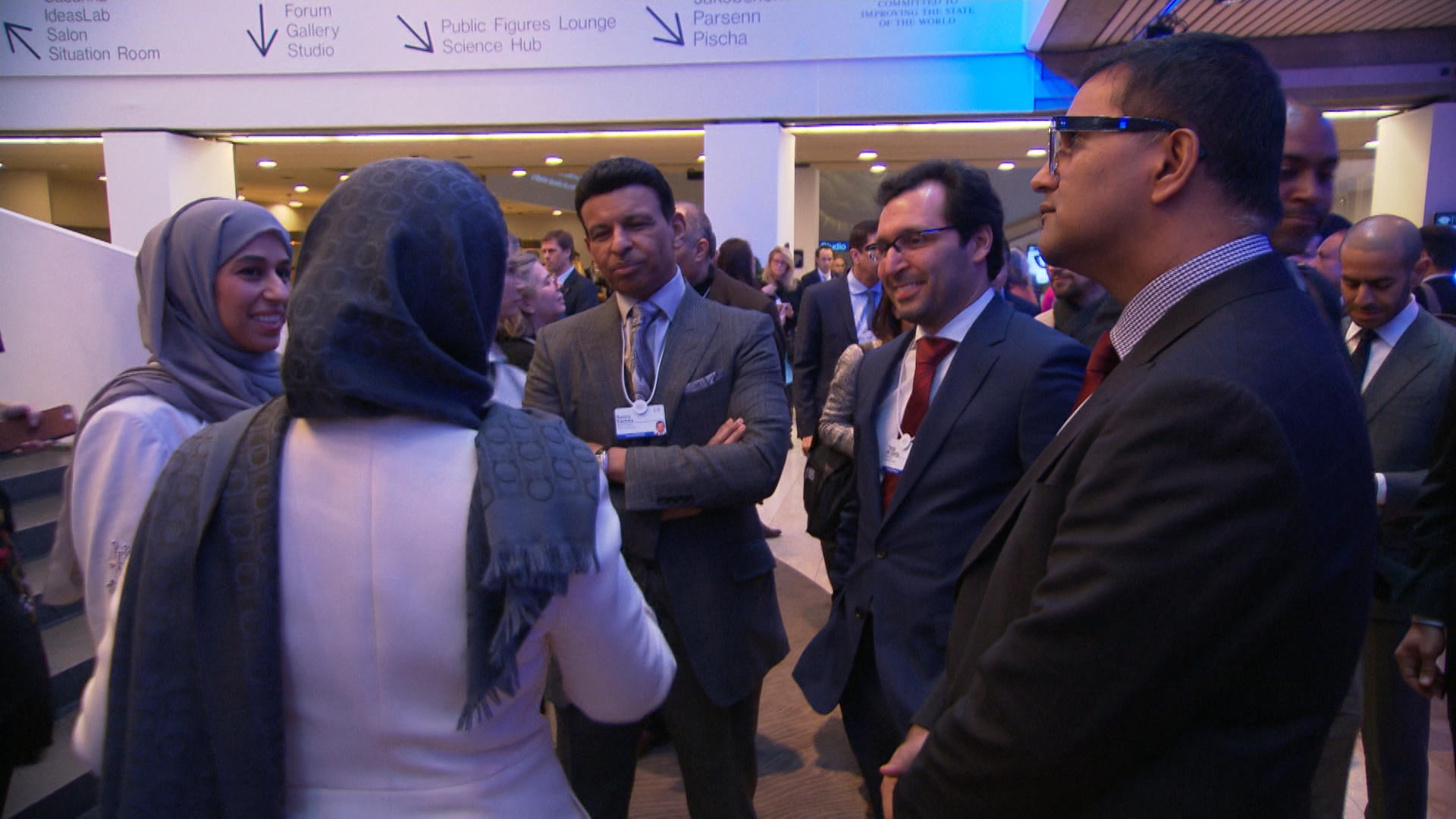
World Economic Forum postponed due to Covid-19

Next year’s annual meeting of the World Economic Forum (WEF) has been postponed from its traditional January slot as a result of the coronavirus pandemic. Organisers say it is likely to take place in early summer after experts said it was too dangerous to hold in January.
It is not clear exactly when or where the event will take place, if at all. Details will be released “as soon as we are assured that all conditions are fulfilled to guarantee the health and safety of our participants and the hosting community.”
It is the latest in a long list of major Swiss economic, cultural and sporting events to be affected by the wake of Covid-19.
In June, organisers announced a new-look event for January, entitled “The Great Reset”. It was supposed to have been staged as a half physical event in Davos, with far fewer people attending, and with a virtual connection to 400 cities worldwide.
“The decision was not taken easily, since the need for global leaders to come together to design a common recovery path and shape the ‘Great Reset’ in the post-Covid-19 era is so urgent,” WEF added.
WEF says its flagship event contributes tens of millions of francs each year to both Davos and the Swiss economy as a whole. Many hotels and restaurants rely on the annual influx of wealthy participants for a large slice of their income.

More
Coronavirus: the situation in Switzerland
The 50-year-old forum, held annually over several days in the Swiss mountain resort of Davos, attracts thousands of high-profile participants from around the world.
WEF started life as the European Management Forum in 1971. Founded by German-born businessman Klaus Schwab, it was designed to connect European business leaders with their counterparts in the United States and offer ways of boosting links and solving problems.
It is a non-profit organisation with headquarters in Geneva and is funded by the varying subscription fees of its members.
The forum took its current name in 1987 as it broadened its horizons to provide a platform for finding solutions to international disputes. As the forum grew in size and status in the 1990s, it attracted rising criticism from anti-globalisation groups, who criticised the elitism and self-interest of participants.

More
Ten questions about the World Economic Forum

In compliance with the JTI standards
More: SWI swissinfo.ch certified by the Journalism Trust Initiative






























Join the conversation!